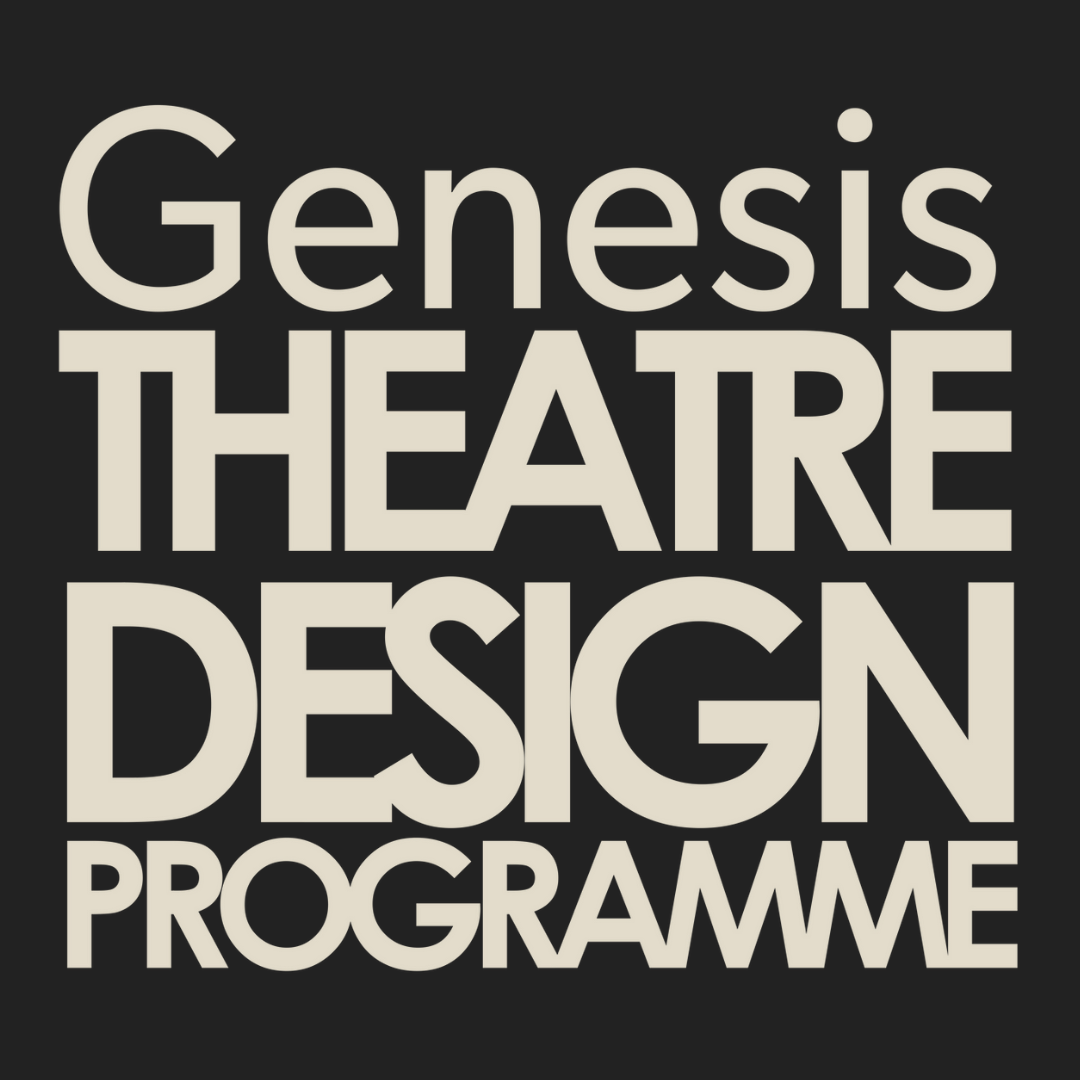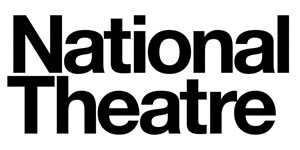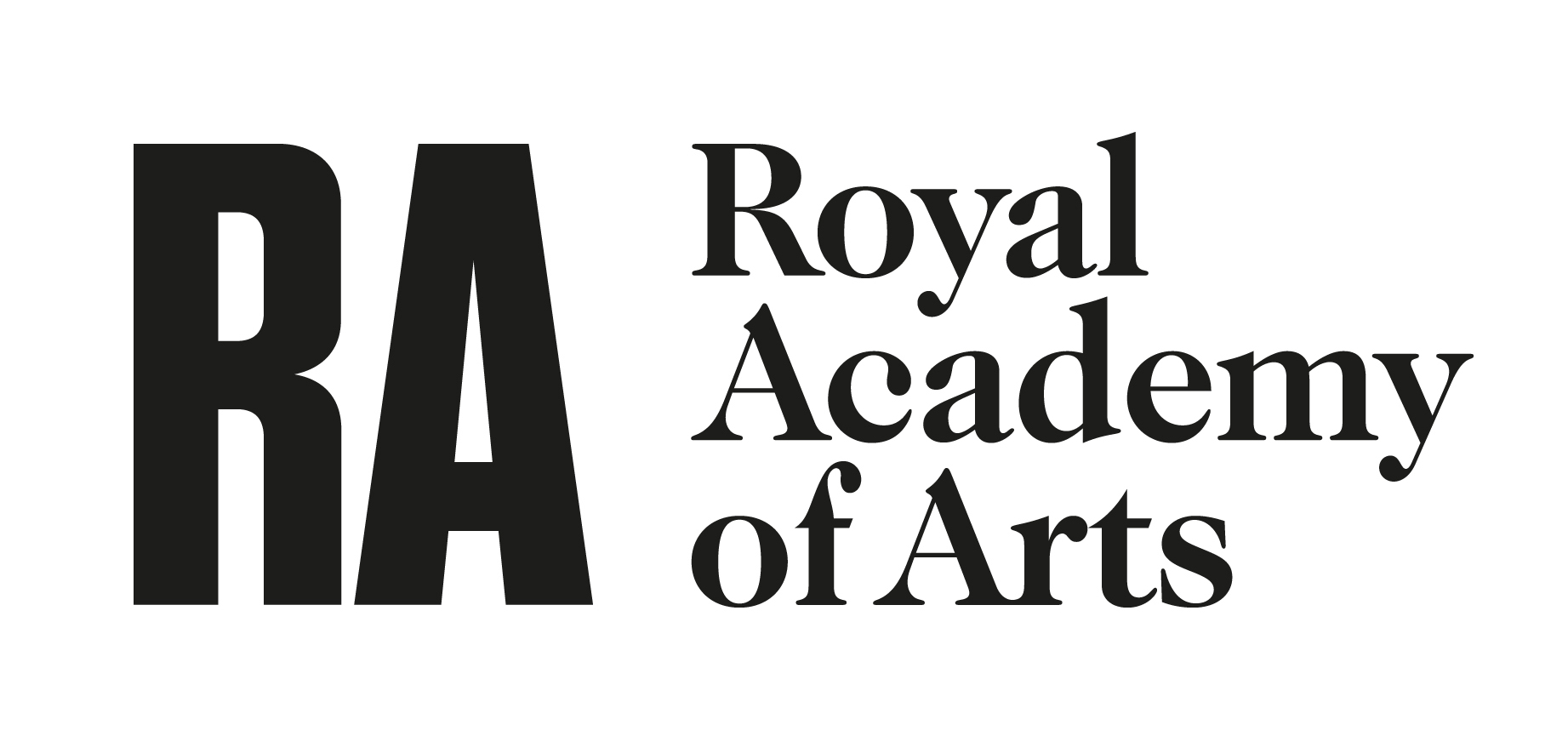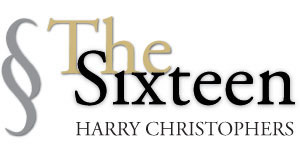No. 15 | Creating in a Crisis
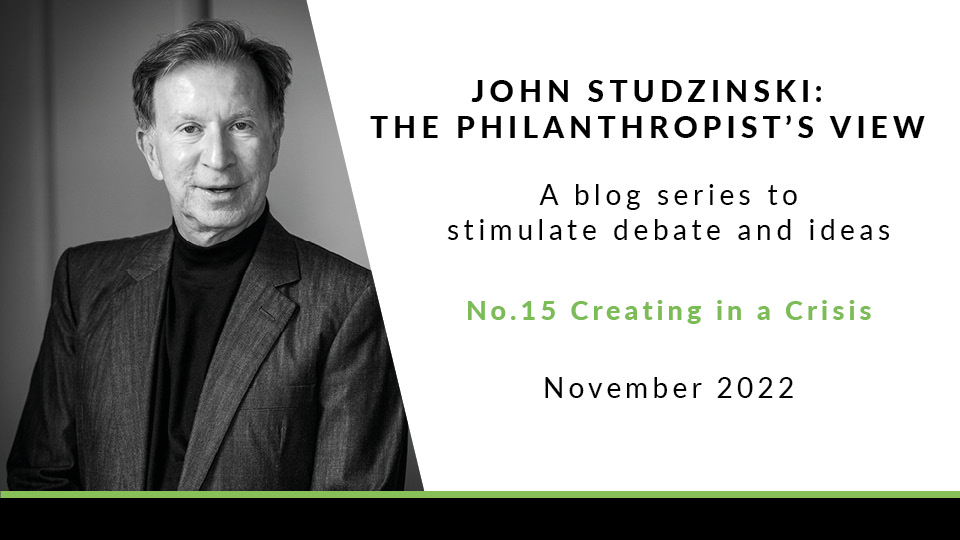
Times have been exceptionally tough for artists over the last couple of years. Judging by the latest economic predictions, they are going to get tougher. When belts are tightened, cultural endeavour risks being glibly categorised as a ‘luxury’. The truth is that – in a recession as in a boom – art plays an essential role in our society and our civilisation.
‘Arts in a Time of Crisis’ was the theme of the latest Genesis Conversation, continuing a series that has run since 2020. A strong opening message came from the chair of the event – Tom Morris, outgoing Artistic Director of the Bristol Old Vic, where the Conversation took place. He emphasised that the cultural sector is by definition driven by creative minds, and by people who show imagination, agility and the kind of resilience that everybody needs now.
Crises are nothing new. The world has never stopped going through tough times – and artists, through thick and thin, have never stopped creating. Tensions, challenges and hardship even provide inspiration for their work. Artists are people with a distinctive view of the world. Questioning orthodoxies and defying convention, they act as interpreters, helping the rest of us make sense of our shared ecosystem. They provide illumination, stimulus, solace and even escape – so important when life becomes especially complex or stressful. Still more than that, they create a vibrant record of our times and shape cultural memory for the future.
All this means that artists have a responsibility to society as well as to themselves. And, reciprocally, ‘ordinary’ people – the majority who don’t create for a living – have a responsibility towards artists. The easy part is to be receptive to what they produce. But there is more to it than that: we must continue to treat artists as professionals, even when – or especially when – budgets all round are being squeezed. Funding artists through our taxes is one thing, but we must keep paying to experience their work and, through philanthropic giving at any level, nurturing their creativity. A substantial donation makes a difference, but so does topping up the cost of a ticket to a show, a concert or an exhibition.
The Genesis Foundation invests in the talents of exceptional creative professionals, enabling them to enhance their value to society by developing their skills, resilience and careers. Through the course of the pandemic, the Genesis Kickstart Fund distributed a total of £1 million to innovative projects employing freelance creative professionals.
In Bristol, the Genesis Conversation made clear that, in a time of crisis, independent artists need to keep creating. It also made clear that they need to look outward, devoting renewed energy to networking with their peers and building communities that can exercise collective leverage.
Some artists create on their own; others create in collaborative teams. They stop creating at their peril – and at everyone else’s too. When it comes to furthering their cause in difficult times, each one of us has a part to play.
Read other posts in the John Studzinski: The Philanthropist’s View series


